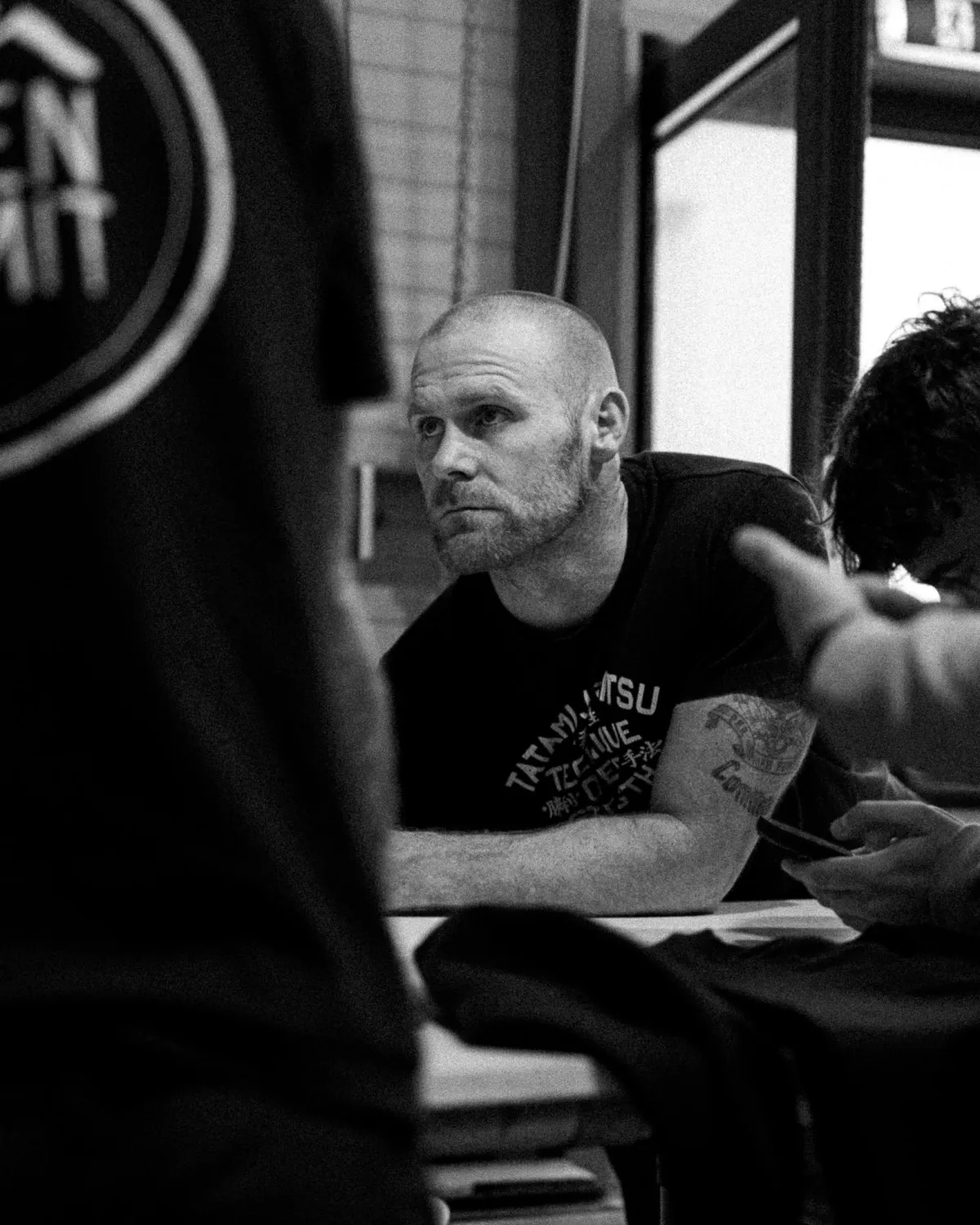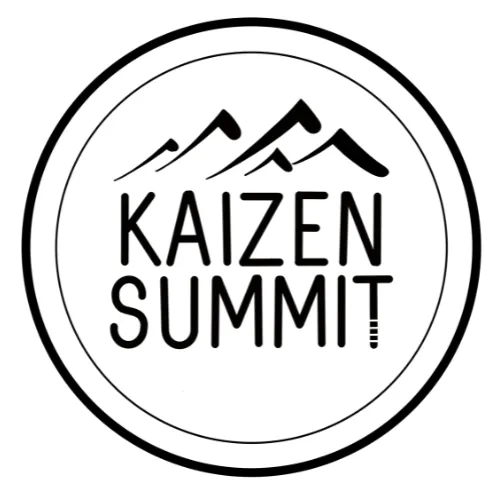
Vulnerable Characters
Vulnerable Characters
Leadership today cannot be measured by flawless execution alone. In a world of constant disruption, true leadership rests on morality, resilient presence, and the ability to stay grounded under pressure. Competence still matters, but it is no longer enough. What sustains teams and organisations in the long run is character, trust, and a disciplined way of showing up.
Character is increasingly recognised as the core currency of leadership. Edward Brooks of the Oxford Programme for Global Leadership highlights a gap in how we prepare leaders. By 2030, almost forty per cent of job skills may shift, yet our training still leans towards competence over character. Business schools often teach technical ability but neglect empathy, resilience, and ethical judgement. These are not optional extras. They are the very qualities that sustain trust when the environment becomes uncertain.
Alongside character comes vulnerability, reframed not as weakness but as disciplined strength. The myth of the flawless, untouchable leader has collapsed. Modern leadership demands the courage to acknowledge limitations, accept feedback, and show humanity. Vulnerability, when exercised with discipline, builds stronger trust than any façade of perfection ever could. It signals confidence rather than fragility. Leaders who admit when they do not have all the answers create space for collaboration. They model humility while still holding responsibility. This is not the abandonment of control but the deeper work of connection and growth.
Stoicism adds another layer to this conversation. Its ancient virtues remain surprisingly modern. Courage, temperance, justice, and wisdom are not lofty ideals reserved for philosophy. They are practical tools for today’s leaders.
A Stoic approach demands decisions anchored in principle, not just efficiency. It guides how we delegate authority, how we interview and assess talent, and how we serve all stakeholders with integrity.
The call is to lead with courage when it would be easier to avoid conflict. To act with restraint when urgency tempts rash decisions. To maintain justice when short-term gain presses against long-term fairness. And to cultivate wisdom by listening, reflecting, and acting with purpose.
These three strands, character, vulnerability, and stoicism, together form a framework for resilient leadership. They are not abstract. They can be put into practice through daily habits.
A character check-in at the start of each day keeps ethics in focus. A vulnerability ritual, such as sharing a lesson learned through failure, deepens relationships and normalises growth. Delegation framed around values rather than tasks builds ownership and strengthens culture. These are small but disciplined steps. Over time they reshape the way a leader is experienced by their team.
The impact is profound. Teams led with this blend of moral clarity, human connection, and principled steadiness do not just perform better. They sustain their performance through uncertainty. They feel anchored when the environment is volatile. They respect authority that is grounded in care rather than ego. And they commit more deeply because they trust the example being set.
This reimagined approach to leadership is not about image or style. It is about substance. It is about the hard work of cultivating character when technical skill feels easier to measure. It is about having the courage to be seen as human rather than invincible. It is about returning to virtues that have outlasted empires because they speak to the unchanging realities of human behaviour.
Leadership that lasts is not built on charisma or clever strategy alone. It is built on who you are when pressure mounts. It is built on the willingness to connect with others at a human level. It is built on virtues that will always matter, no matter how fast the world changes. When leaders embody these qualities, they do more than manage. They create a legacy.
The real power of leadership lies in character, connection, and timeless wisdom adapted to modern challenges. Build that, and you will not only lead. You will endure.


